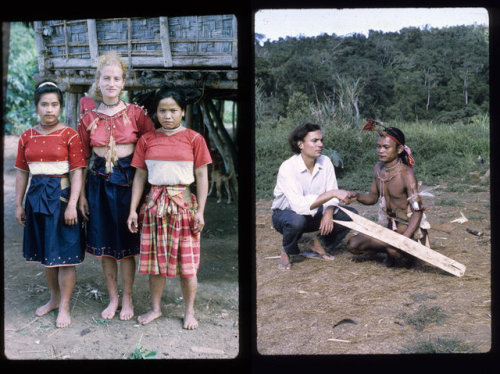#neurolinguistica
npr:
In 1967, anthropologists Renato Rosaldo and his wife Shelly went to live with the llongot, an isolated tribe that lived in the rain forest in the Philippines. It wasn’t exactly an accident that this tribe was unstudied — they were known for beheading people.
But Renato and Shelly were undeterred. As they immersed themselves into llongot culture, they began to learn the language. Simple words at first, then more nuanced ones that encompassed such things as love and anger. To Renaldo, all of the words were familiar except one.
Liget.
At first, he thought this word meant “energetic” or “productive.” But then liget exploded out of that definition into an emotional landscape he had never before encountered.
One evening, the tribe asked Renato if they could hear tape recordings of his conversations with the people he studied. The voice of a deeply loved and respected man who had recently died began to play.
The room fell silent. The men’s eyes narrowed and their lips curled, their faces turned into masks of rage.
They told Renato that hearing the tape made their hearts feel liget. It makes us want to take a head, they told him, over and over. It makes us want to take a man’s head and throw it.
Invisibilia: A Man Discovers The Terrible Emotion Locked In A Word
Photos: Courtesy of Renato Rosaldo
Editor’s Note: Welcome to Invisbilia Season 3! The NPR program and podcast explores the invisible forces that shape human behavior, and we here at Shots are joining in to probe the often tenuous line between perception and reality. Here’s an excerpt from Episode 1.
Legit liget
Post link



